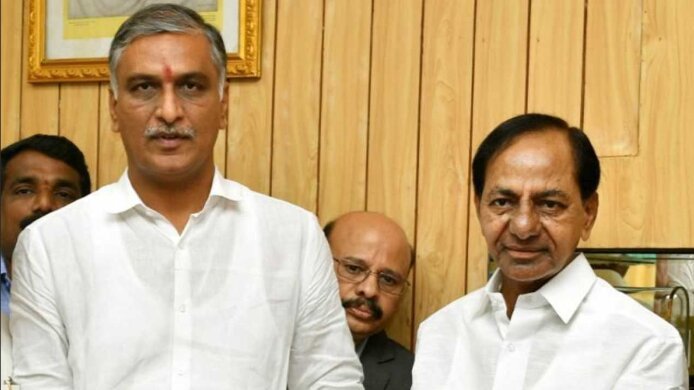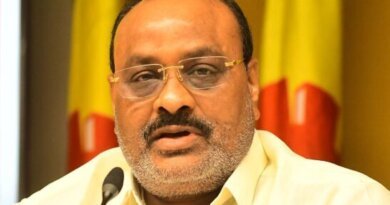Court Shields KCR, Harish Rao over Kaleshwaram Allegations

In a significant legal development, the Telangana High Court has extended interim protection to former Chief Minister K. Chandrashekar Rao (KCR) and former Irrigation Minister T. Harish Rao in connection with the Kaleshwaram Lift Irrigation Project (KLIP) probe. The extension ensures that no adverse action will be taken against them until the next hearing scheduled for November 12.
The case stems from the Justice P.C. Ghose Commission report, which alleged serious irregularities in the planning and execution of KLIP during the previous BRS government. The report, submitted in August, was forwarded to the Central Bureau of Investigation (CBI) for further inquiry.
KCR, Harish Rao, and senior bureaucrats including SK Joshi and Smita Sabharwal filed writ petitions challenging the report’s validity. They argued that the Commission failed to issue mandatory notices under Sections 8-B and 8-C of the Commissions of Inquiry Act, denying them a fair chance to respond or cross-examine witnesses.
During the October 7 hearing, the bench led by Chief Justice Aparesh Kumar Singh expressed displeasure over the state government’s delay in filing counter-affidavits. The Advocate General requested additional time, which the court granted with a firm directive to complete pleadings before the next session.
The court emphasized that the interim protection granted earlier would remain in force. This means the state cannot act on the Commission’s findings until the legal process is fully adjudicated.
The Ghose Commission had described KLIP as a “colossal waste of money,” citing failures in governance, planning, and financial discipline. It pointed to undue political influence and technical lapses in the construction of key barrages like Medigadda, Annaram, and Sundilla.
The petitioners maintain that the report is biased and lacks procedural fairness. They argue that the findings could damage reputations and careers without due process.
This legal battle has sparked political debate in Telangana. Supporters of KCR and Harish Rao view the case as politically motivated, while critics demand accountability for public spending.
The KLIP, once hailed as a lifeline for Telangana’s irrigation needs, now stands at the center of controversy. The outcome of this case could influence future infrastructure audits and political narratives.
Meanwhile, the state government is under pressure to respond transparently. The delay in filing counters has drawn criticism from legal experts and opposition leaders.
The court’s decision to extend protection reflects its commitment to procedural justice. It also signals that high-profile cases will be scrutinized with legal rigor, regardless of political stature.
For citizens, this case highlights the importance of checks and balances in governance. It also raises questions about how large-scale projects are evaluated and monitored.
As the next hearing approaches, all eyes are on the Telangana High Court. The verdict could reshape public perception of KLIP and redefine accountability standards in state administration.




Fakts are not corect. You need to choodali your data sources again. Very dissapointing.
This is the best coverage I’ve seen so far. Highly recommended read!